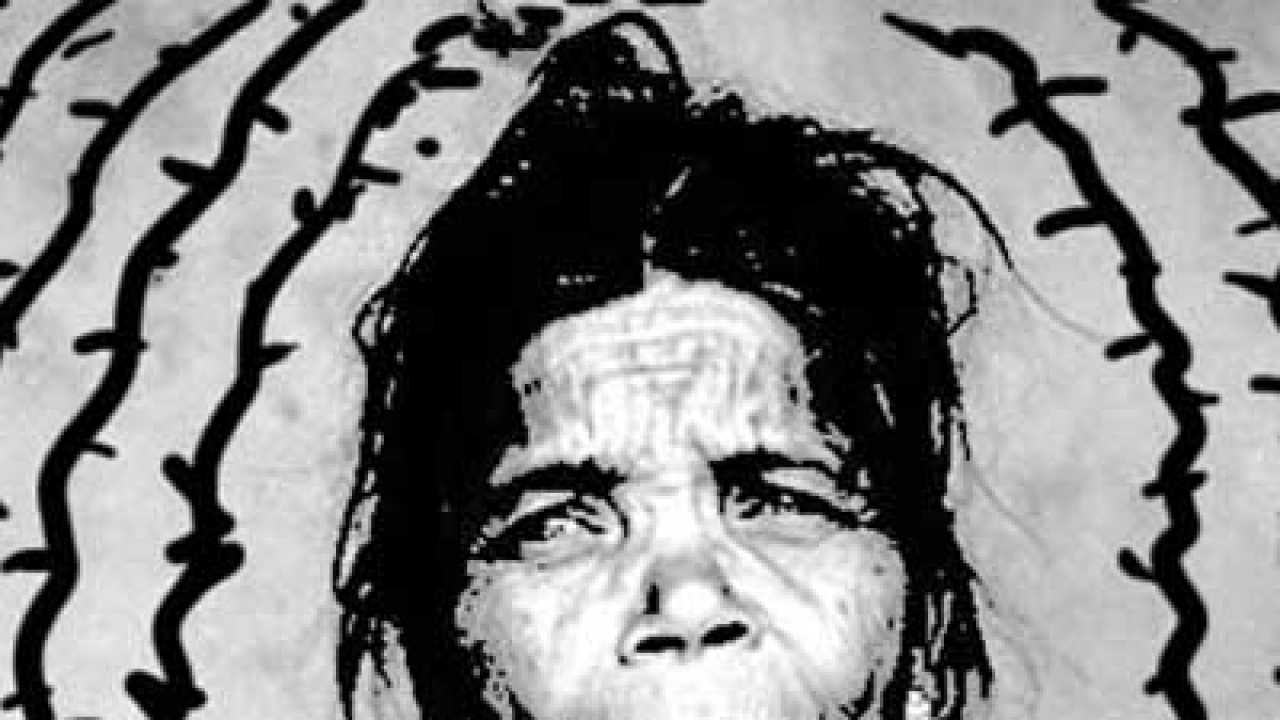
The tired eye sees nothing but sparse, sandy, sun-scorched scrubland flanking the highway.
“Stop!” you shout.
The tyres screech to a halt. And what do you see? An endless sea of footwear — chappals, flipflops, mojdis, jutis, boots, loafers, clogs, canvas shoes, leather shoes, jute footwraps… Is this a fairytale? Will the shoes suddenly start dancing in the desert? The driver explains that they are abandoned by the wearers. From this point, pilgrims walk barefoot to the temple, still several miles away.
You are driving through Rajasthan, a dream of “romantic” India, royal India, flamboyant India. Jaipur, Jaisalmer, Jodhpur, Udaipur, Ajmer, Bikaner, Chittorgarh … their very names make music. Forts and palaces, mazaars and bazaars, villages and fields, are ablaze in a swirl of lehngas, odhnis and pagdis — red, yellow, orange, pink…
On every road you see pilgrims cycling to different temples. Carrying nothing but a red flag. They are given free food and shelter along their “holy” route.
Your pilgrimage is a little different, you seek not a God, but a poet.
She lived in 16th century Rajasthan. A land of betrayals, battles and bloodshed, where men dying on warfields turn heroes, women jumping into the funeral pyre of their spouses become deities. Children hear only sagas of revenge and counter-revenge. In this blood-drenched land, a child made up her own stories. Of a god who was not a killer, but an artiste — flute player, dancer, lover.
The journey starts at Rao Duda’s mansion in Medta, now a whitewashed school. Here the chieftain’s grandchild played with a doll — to her a living playmate. She called him Giridhari.
Two kilometres away a roofless “palace” wobbles on cracking stones, housing stray goats. Legend has it that little Mira grew up here, gazing at the blue-green pool below, lotuses in full bloom, as they are now. No government or corporate house has bothered with it.
Mighty, magnificent, battle-scarred Chittorgarh Fort. Young bride Mira refused to accept the crown prince as her husband here. Wasn’t she married already, to her Giridhari? (We hear in Udaipur, that Rajput royals continue to see Mirabai as a renegade!)
In Rajasthan, where even today women cover their faces, Princess Mira discarded her veil, walked out of the palace, to join homeless waifs on the streets. “Call me mad! I will dance for my beloved!” Her songs breathe her faith: to be human is to seek beauty, love, joy.
A detour to Jaisalmer for a taste of the desert that Mira crossed… Our camel ride ends in a circle of brand new commodes, gleaming under the moonlight. A man explains, “Saab, not for Indians please! We put up tents round them when foreign tourists come”. Are Indians angels, you wonder!
However, as the plaintive notes of Kesariya balam… pierce the night sky, the campfire flames red, and the stars stop to listen, as they did long ago to Mirabai’s cry: Dard na jaane koyi… who knows my pain? Absurdities are lost in the enchantment.
So how did the Mira trail end? Not on a mystic note, but with a nomad’s whisper.
Standing alone near a wayside dhabha, the Mogiya tribal looks immovable, inscrutable.
You try to talk to him. Finally, he breaks his proud silence. “You want to know about us? Once we roamed the endless forests. Now we are squashed into “settlements”. Our children are getting “educated” by the government. They know Shah Rukh Khan and Salman Khan. They don’t know our language anymore… Our gods have left us… Our gods have turned to stone.”
The author is a playwright, theatre director, musician, and journalist writing on the performing arts, cinema and literature.